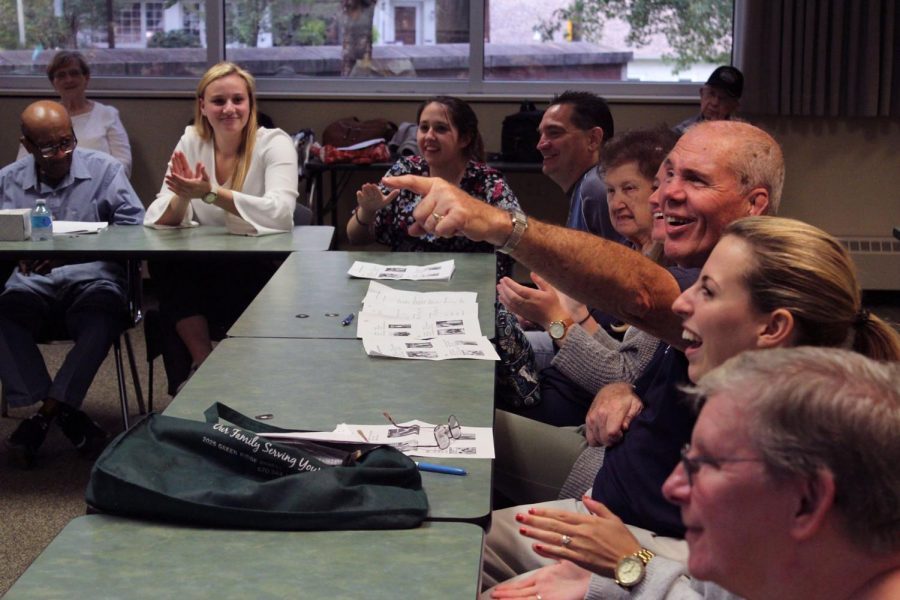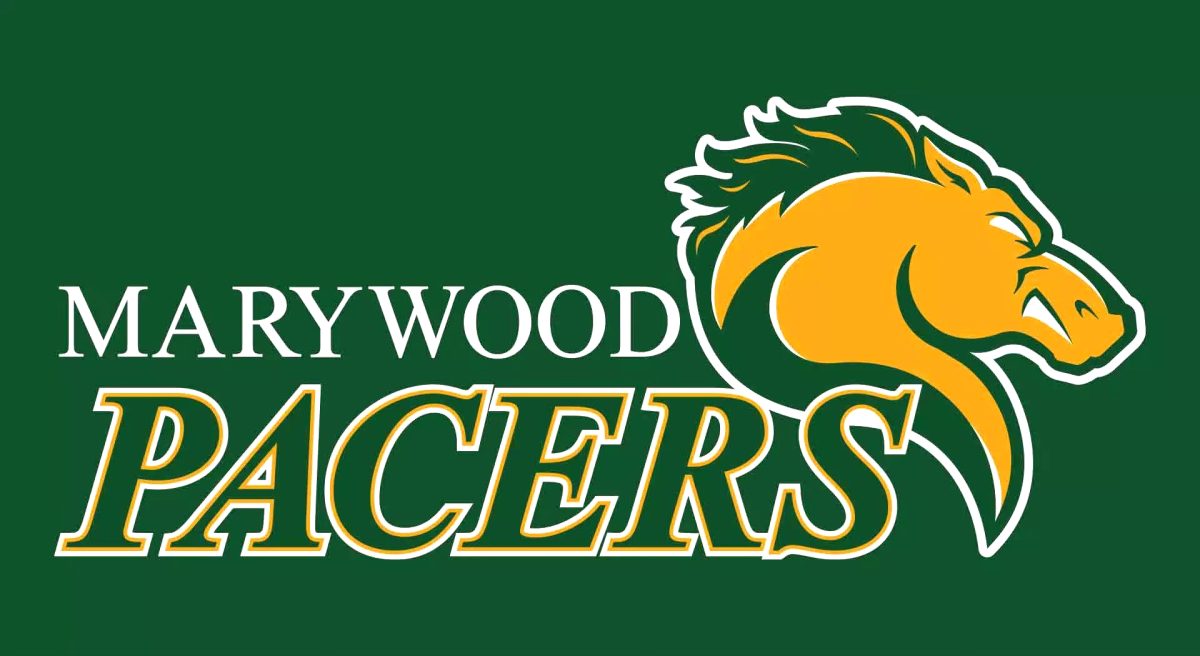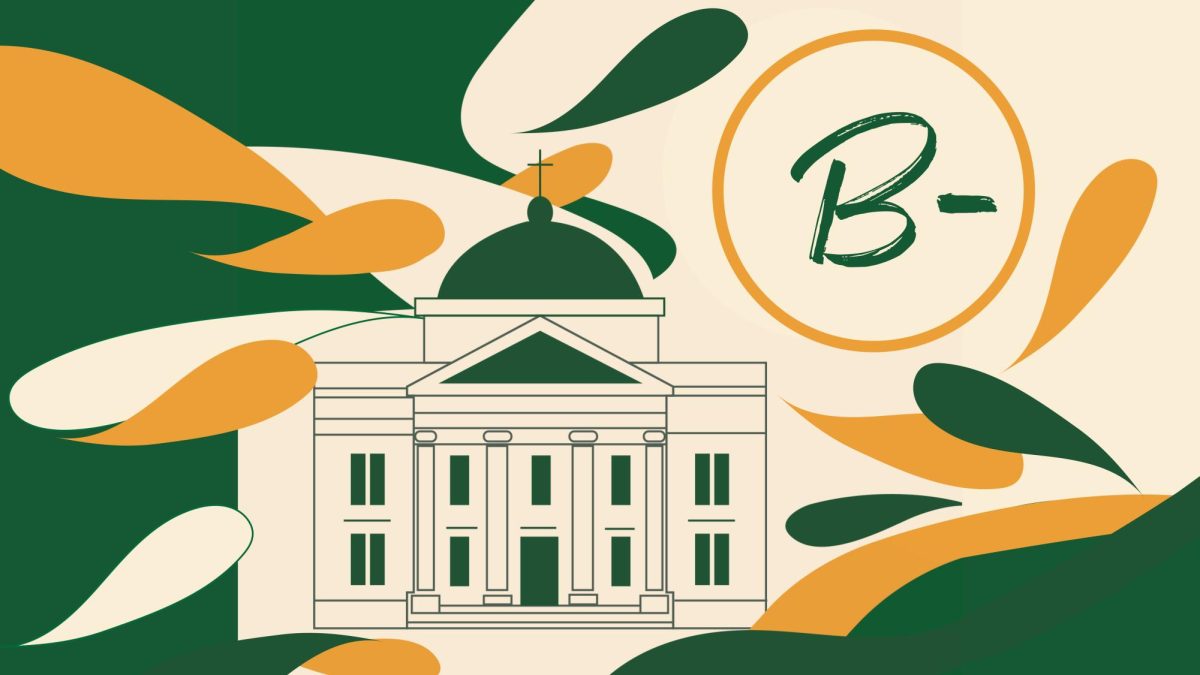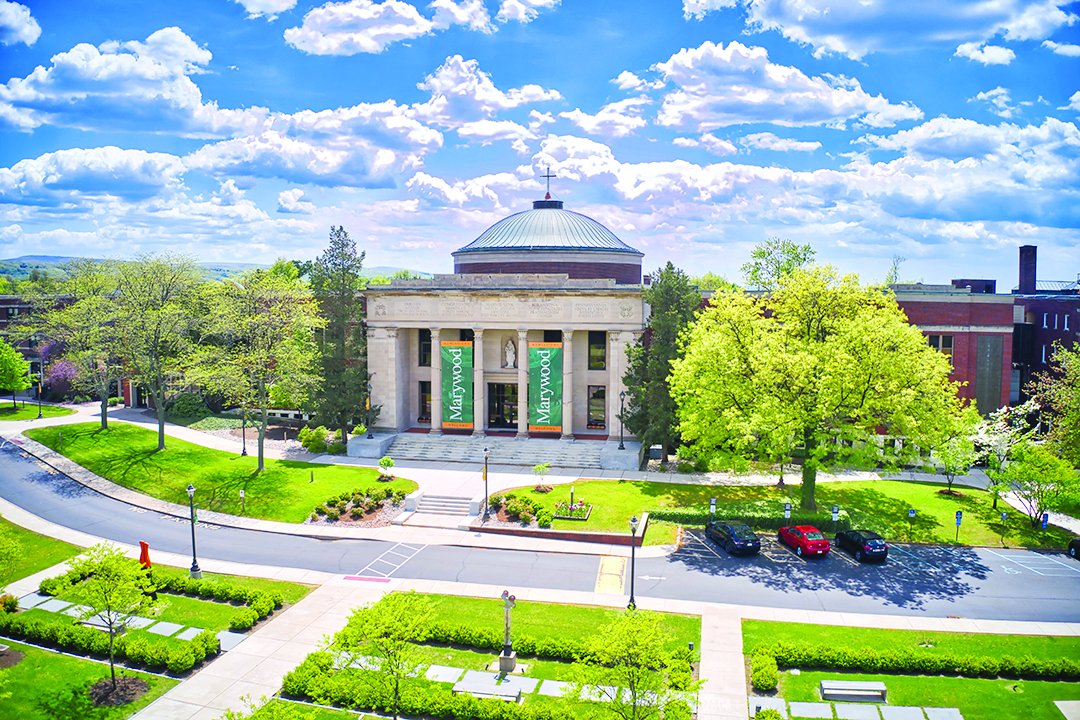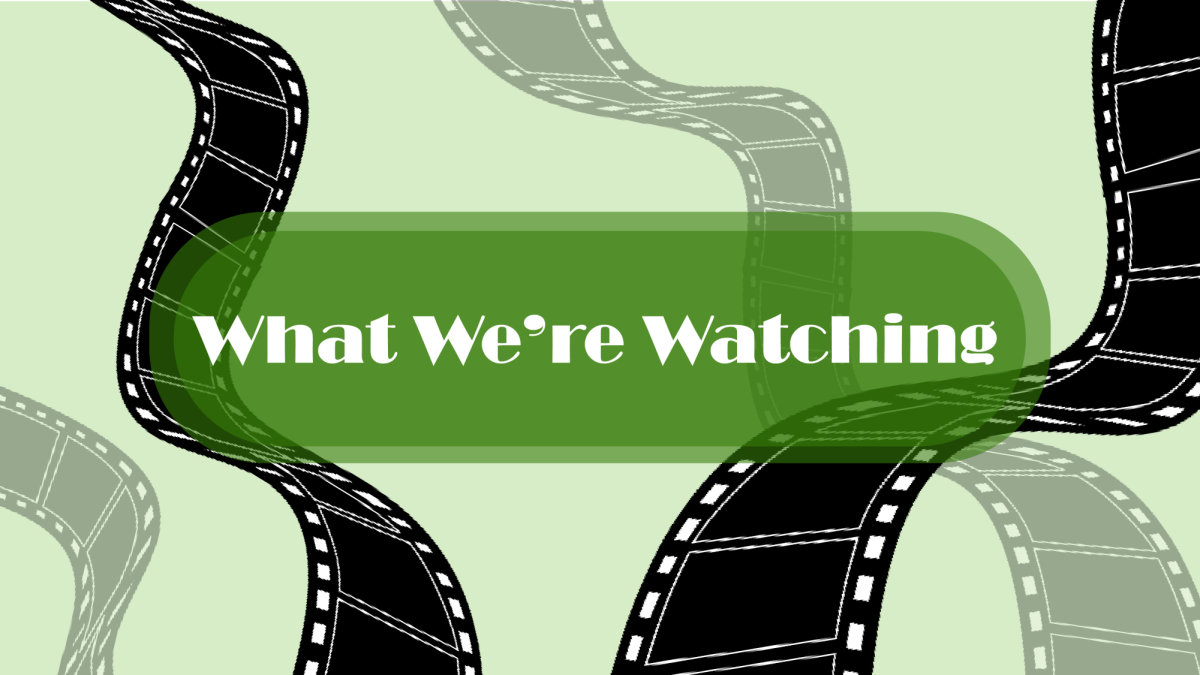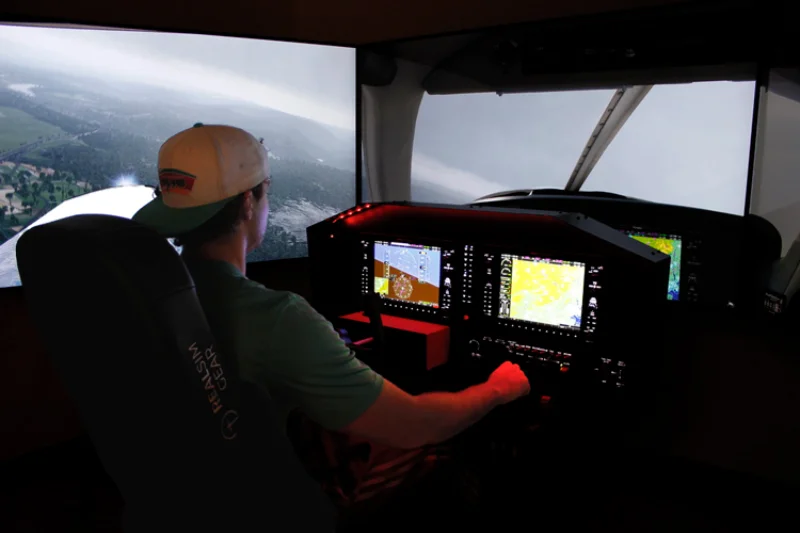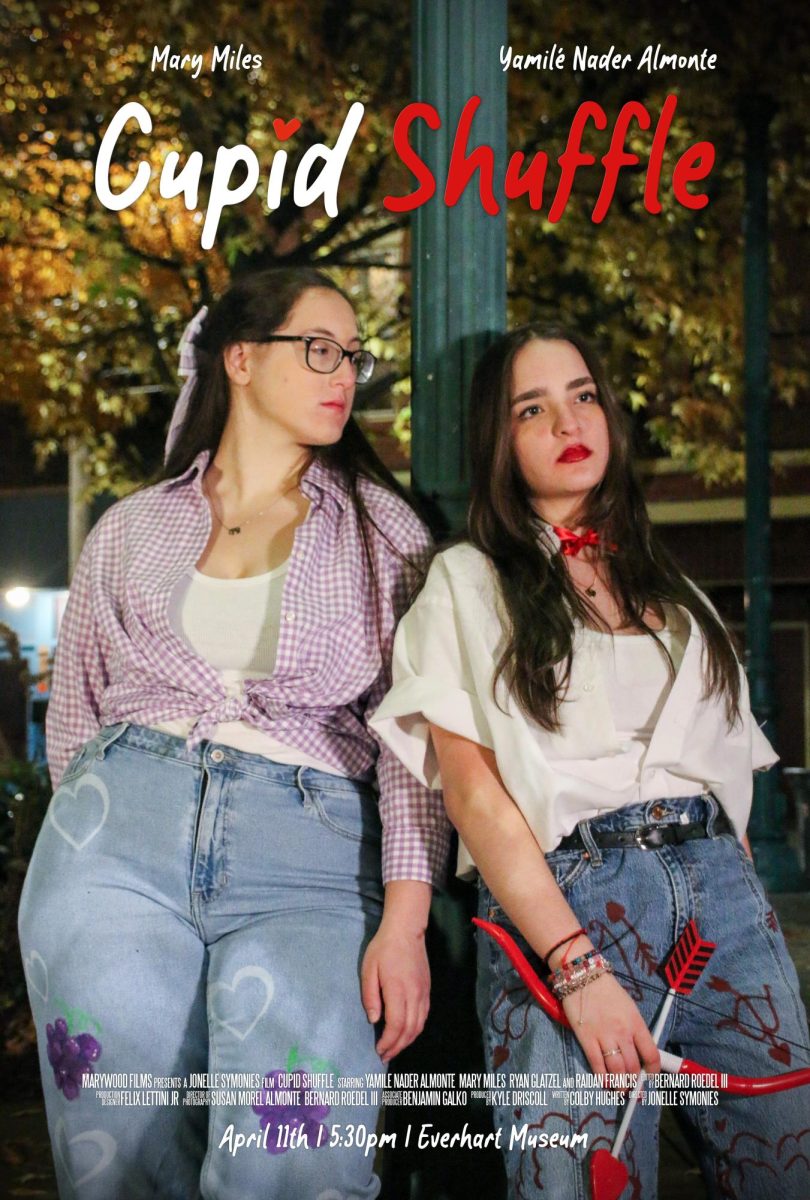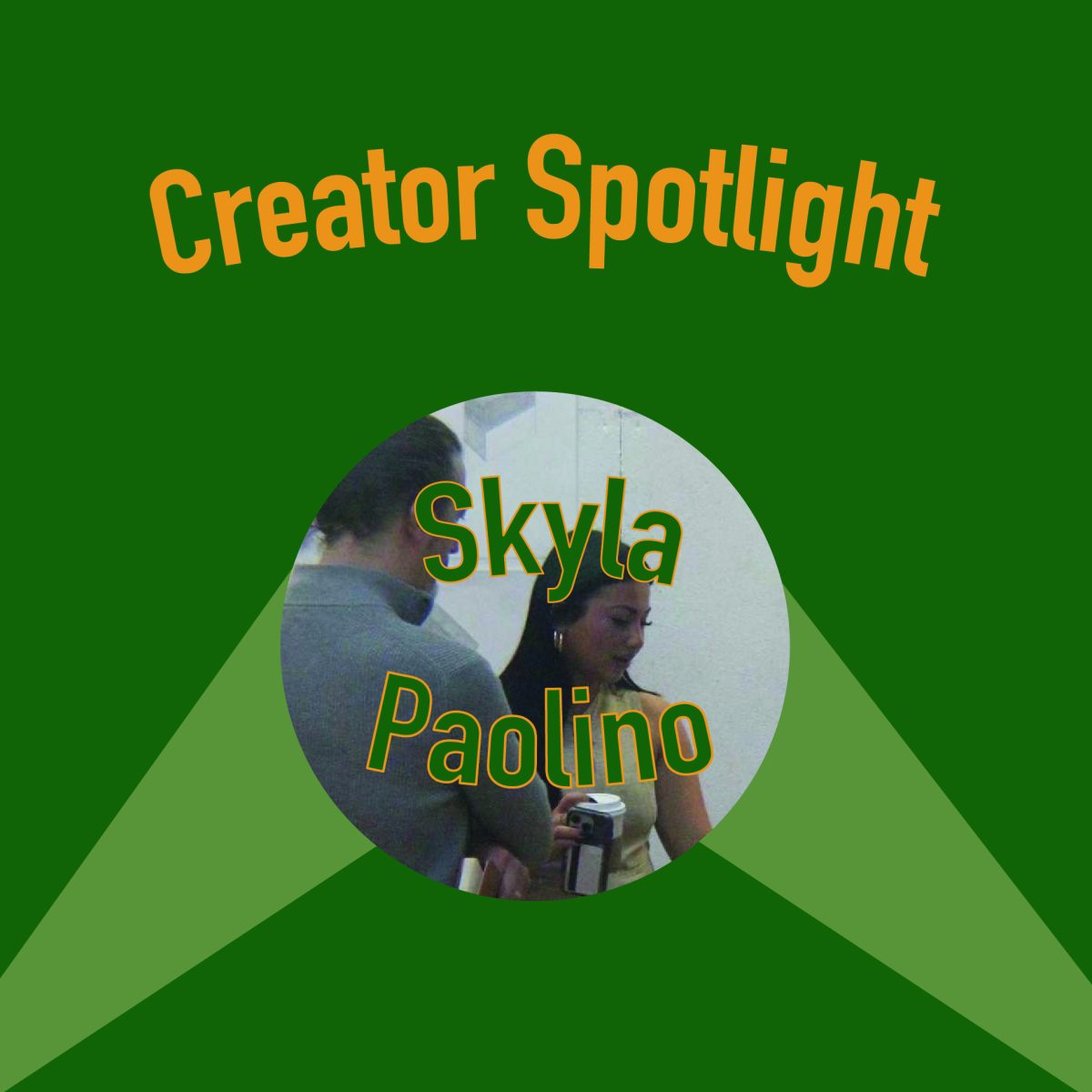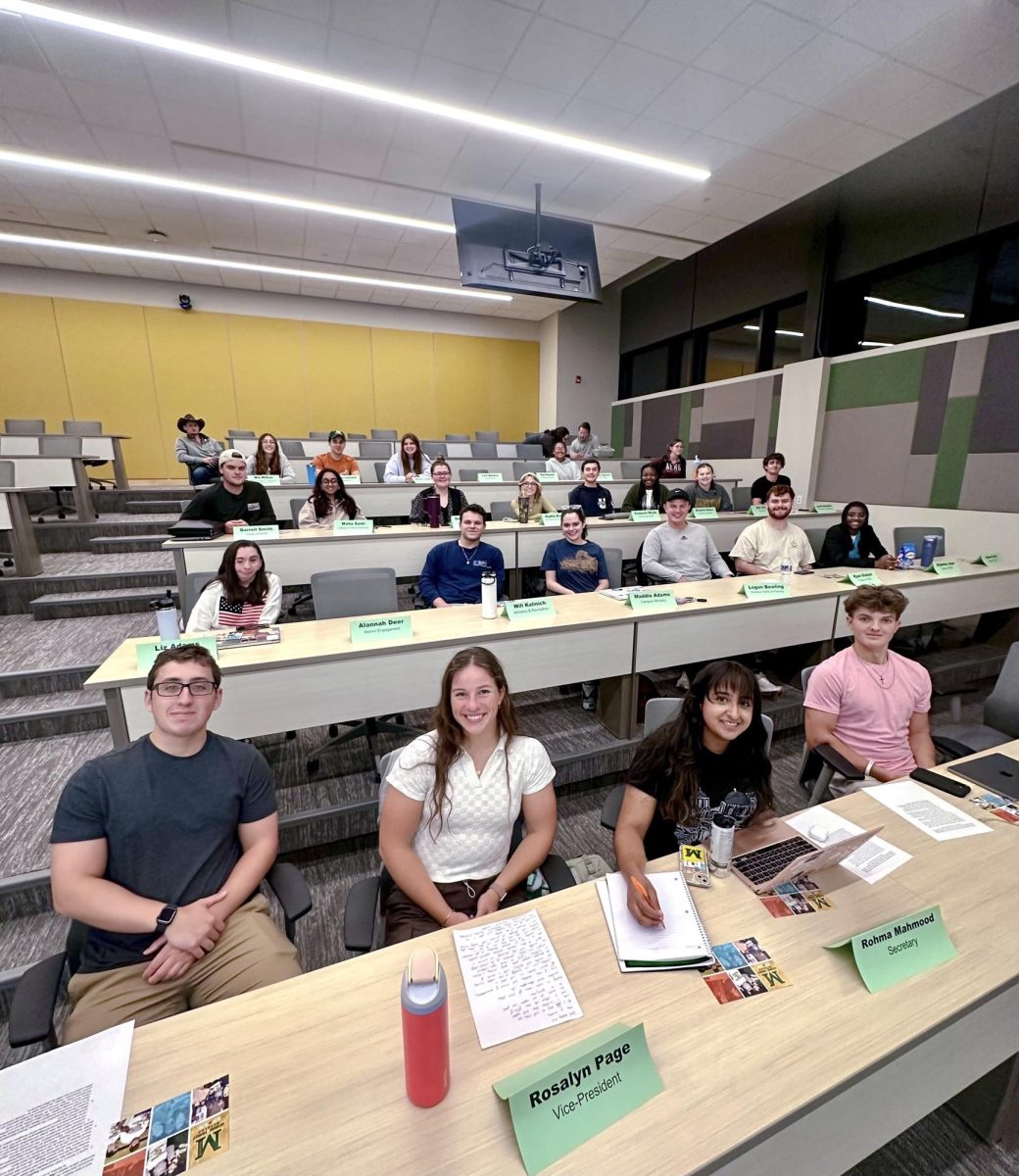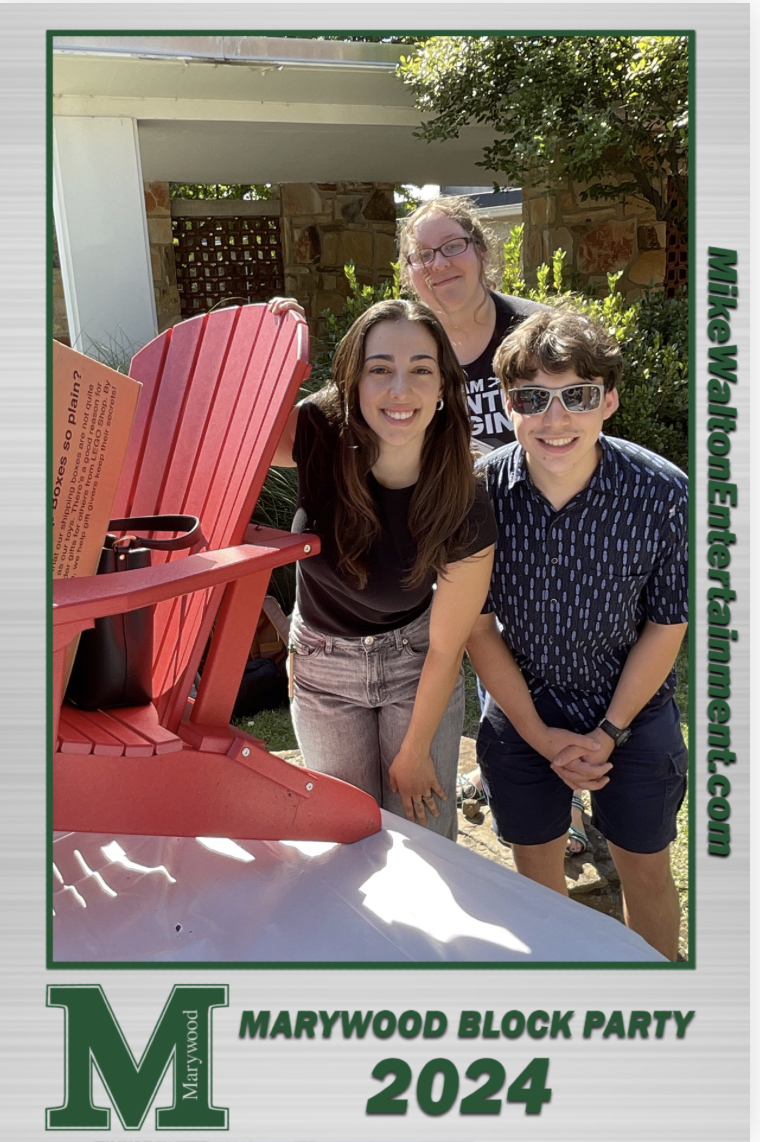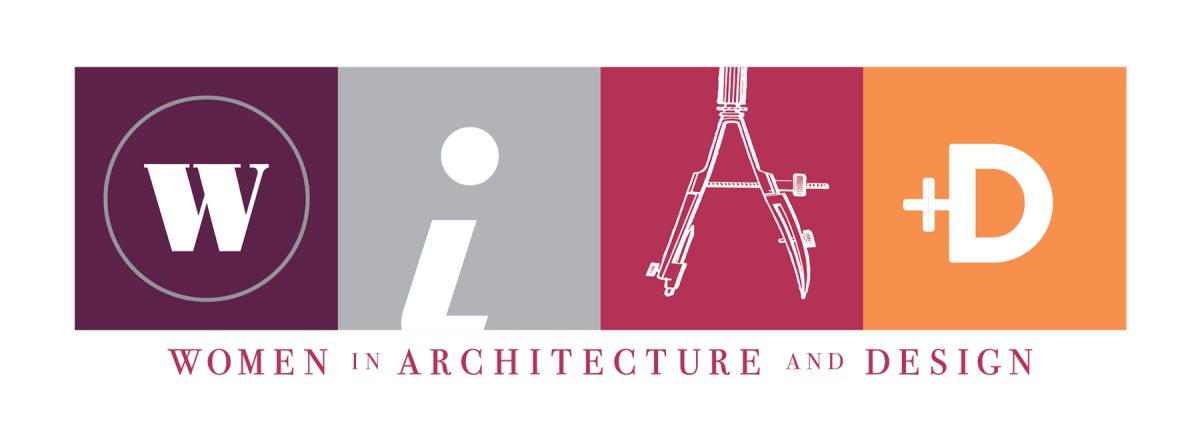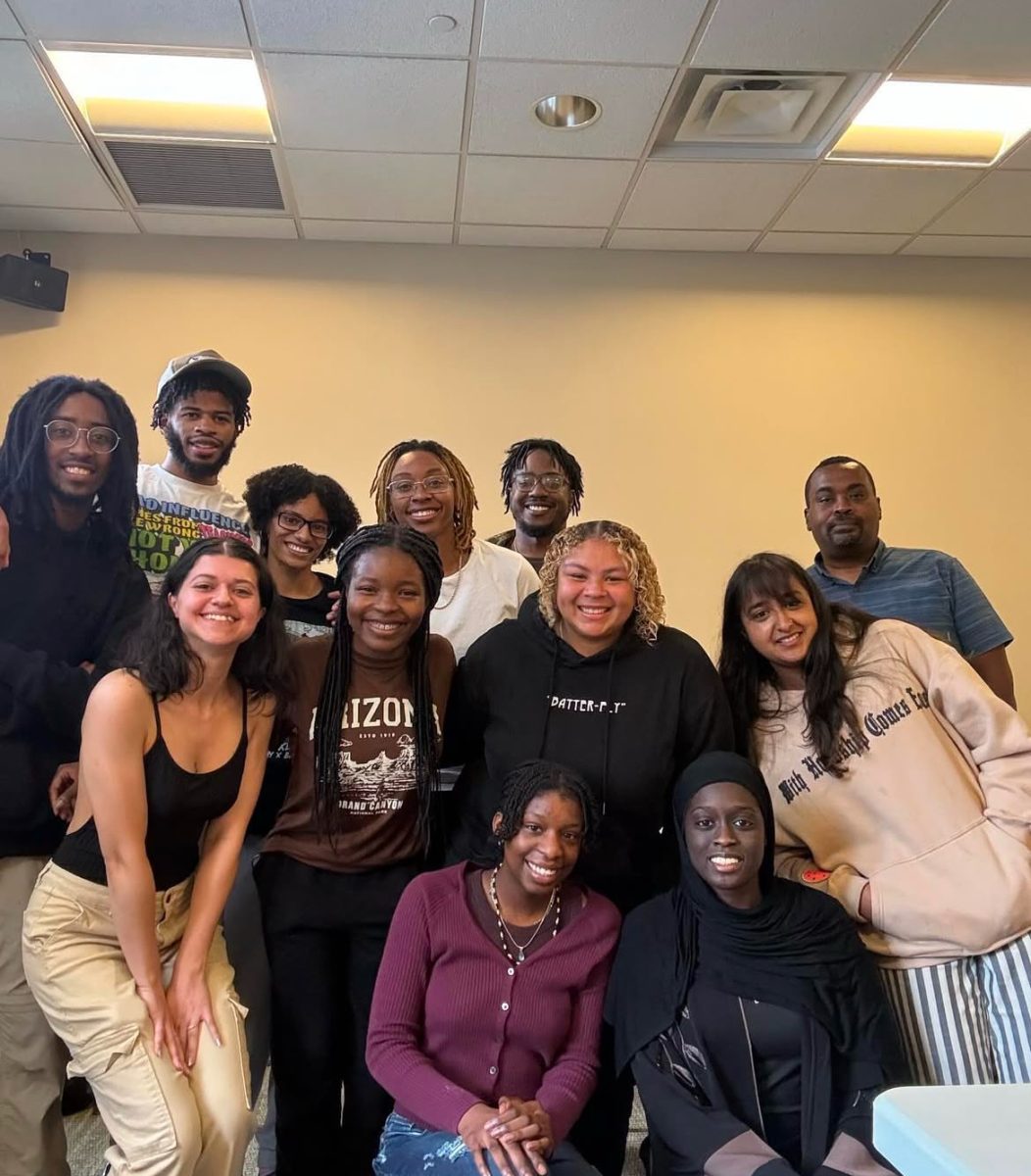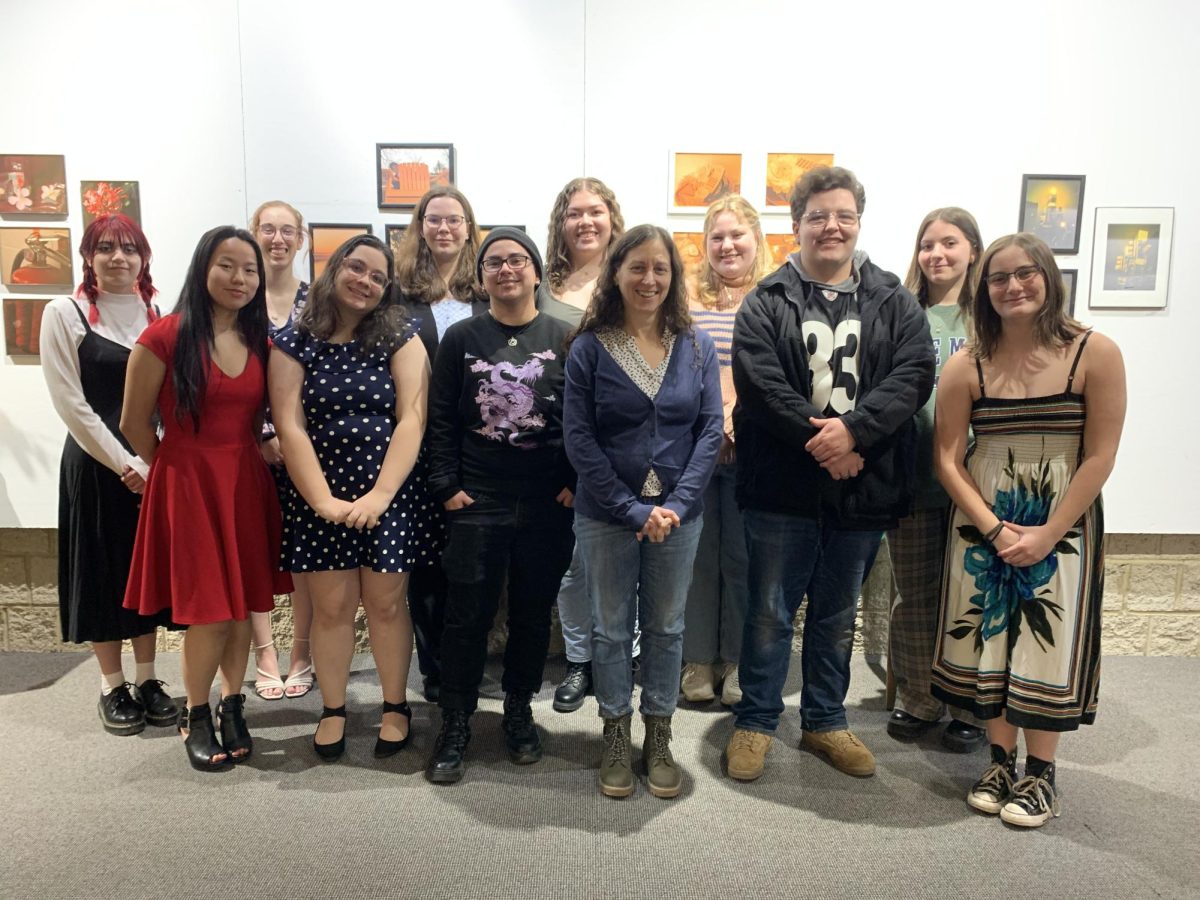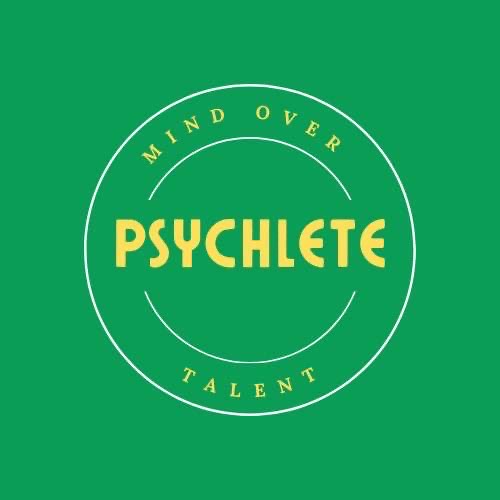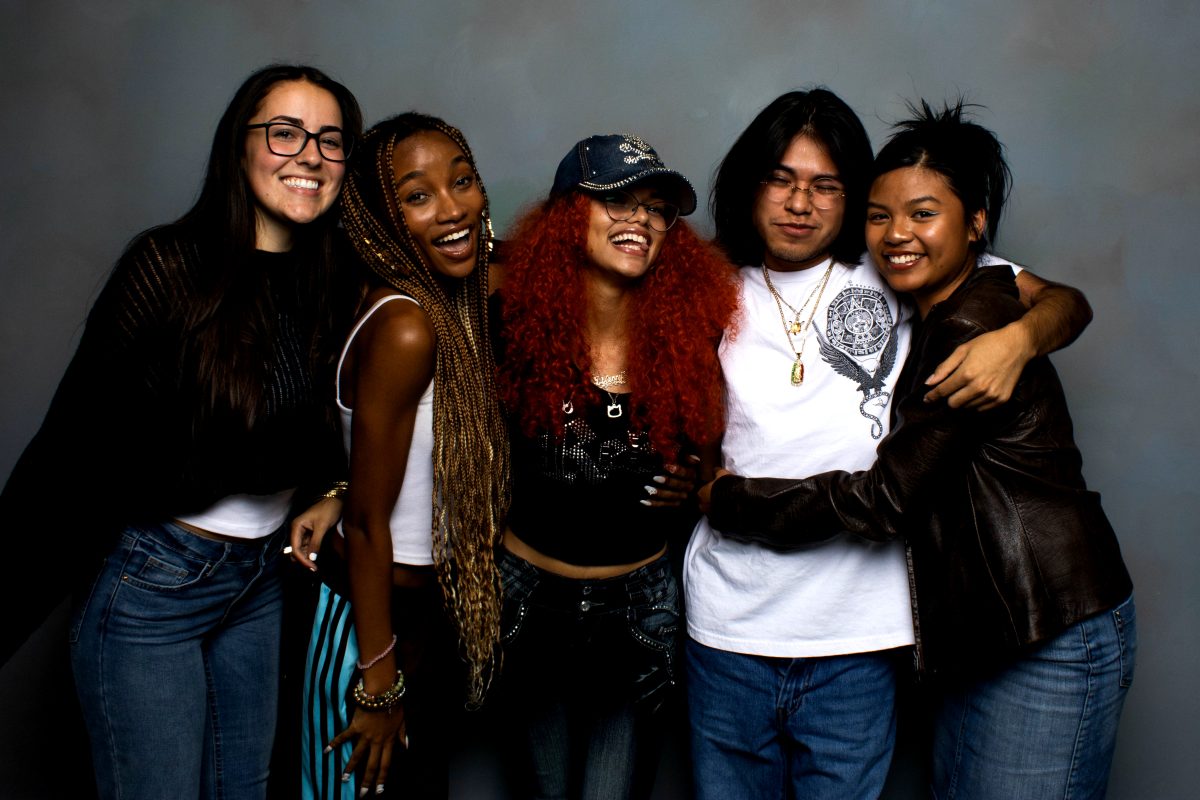The Aphasia Support Group at Marywood focuses on assisting stroke survivors in the community who have aphasia, a speech-impairing disorder.
Aphasia is an acquired communication disorder that can negatively affect a person’s ability to process language, read, write, speak and understand others.
Those who have been diagnosed with aphasia are usually survivors of a stroke, but aphasia can also result from brain tumors, head injuries or other neurological disorders. According to the National Aphasia Association, (NAA) about 25 to 40 percent of people who survive a stroke acquire aphasia.
This past September, Marywood’s Aphasia Support Group was featured on the NAA’s website as part of their “Affiliate Highlight” series.
The Aphasia Support Group meets every Monday in the McGowan Center on campus at 1 p.m. During the support group meetings, students in the Marywood Communication Sciences and Disorders (CSD) Department pair up with attendees to participate in a variety of activities that help them learn to communicate better.
Marywood CSD Clinical Faculty Marla Kovatch said the activities during the meetings are usually “verbal vocab” intensive and go along with certain themes to keep the participants excited about the exercises.
One of the previous themes was “music through the decades,” where the students presented songs through different decades of pop culture and allowed the participants to finish them.
Kovatch said that through this type of exercise, the person with aphasia is given the opportunity to get excited about communicating again.
“We always have to choose something that’s within the participants’ era,” Kovatch said. “It makes it more exciting when they hear songs and names they recognize from pop culture.”
Jane Howley, a stroke survivor of 19 years with aphasia, only attended the support group meetings a handful of times, but said that the amount of reading and exercises the group does helps her every day.
“When I was in another organization, I was told I couldn’t do anything,” Howley said. “I couldn’t write a word back then and now I’m talking to you about everything.”
For more questions about aphasia or the Aphasia Support Group, email Marla Kovatch at [email protected].
Contact the writer: [email protected]



